Australians are being misled by the fashion industry
Collective Fashion Justice commissioned new polling to support its recommendations for an Australian federal government inquiry into green-washing, and found that the expectations people have for ‘sustainable’ and ‘ethical’ garment labels aren’t being met.
Australians think the word ‘sustainable’ means something good for the planet. In fashion, it often doesn’t.
Our new data shows us that the majority of surveyed Australians believe that if a product is labelled as ‘sustainable’ it means that the ‘product is made without any harm to the environment’. A quarter of Australians believed such a product actually ‘helps to protect the environment’.
Despite this, ‘sustainable’ and other similar labels continue to be used for a range of environmentally harmful products, like leather tied to massive emissions and deforestation, virgin synthetic materials, and cotton grown with significant amounts of water and harmful pesticides.
While many Australians think deforestation, significant greenhouse gas emissions and other negative impacts shouldn’t exist behind ‘sustainable’ labels, they often do.
Our polling highlights that half of people assume that a product labelled as ‘sustainable’ or ‘eco-friendly’ ‘does not result in deforestation, significant greenhouse gas emissions, or other negative environmental impacts’, with another 38% believing that at least some of these impacts would not be attached to the production of such items. This understanding of the term ‘sustainable’ and ‘eco-friendly’ is reasonable, yet brands continue to contribute to these environmental crises while using such labels.
It’s reasonable that Australians assume garments tagged as ‘recycled’ are completely made from recycled materials. But they often aren’t.
This polling also shows that 45% of surveyed Australians believe that if a product is labelled as ‘recycled’, then ‘it is made only from recycled materials’. In fashion, this is largely never the case. Another 27% of consumers believed such a garment would be made ‘from a majority recycled materials’, but just 19% recognised that this label may be used on a garment made with any portion of recycled content. Some Australian brands label garments as recycled when 80% of the garment is made from new materials.
Most Australians think that ‘natural’ is the same as ‘made from nature without harm to nature’. But again, this is often untrue in fashion.
Another 10% of respondents believed a ‘natural’ product is inherently ‘good for nature’. However, a ‘natural’ product can come from nature and also harm nature. Research shows that the ‘natural-is-better’ bias leads many consumers to believe something that is ‘natural’ is more environmentally beneficial, regardless of whether or not this is the case. Australian fashion brands are exploiting this bias, particularly in the sale of leather and wool, and when inaccurately using the term ‘natural’ on materials which are heavily processed and even plastic coated.
To the majority of Australians, a ‘cruelty-free’ label means no animals were harmed or killed to make a product, like a shoe. The fashion industry uses this term while both harming and killing animals.
62% of Australian citizen consumers assume a product labelled as ‘cruelty-free’ is free from any harm to or killing of animals. Just 16% of surveyed Australians think that animals may be killed in the making of products labelled as ‘animal friendly’ or ‘cruelty-free’. Despite this, Australian brands use terms like ‘happy’, ‘ethical’, ‘cruelty-free’ and ‘friendly’ to label products made from wool, down, leather and even fur that is produced with immense cruelty, while ultimately killing animals.
Most Australians think a fair wage is a living wage. But a ‘fair wage’ isn’t a legally defined term, and fashion brands are exploiting that.
In Australia, reporting shows that just 10% of top brands paying a living wage to the people making their clothes. Without paying genuinely fair living wages that cover all basic needs, the other 90% of brands are ethics-washing and exaggerating their positive treatment and payment of the people who make their clothes, when they promise ‘fair’ wages are paid.
Almost a third of Australians think that when a product is labelled as sustainable or ethical, the brand making it is, too. With so many ‘conscious’ collections from fast fashion labels, this isn’t right.
A number of fast fashion brands producing a large amount of garments each year refer to the sustainability of specific products, particularly those in their ‘conscious’ or other similarly greenwashed collections, without acknowledging the significant and negative environmental impact of their business practices overall, or the impact related to the scale of production tied to a specific garment labelled as ‘sustainable’.
Positively, almost all Australians want ‘sustainable’ labels to represent total ethics values.
92% of Australians think that ‘sustainable products’ should protect people, animals and the planet all at once, because ‘it’s all connected’. This holistic view of sustainability is important, and aligns with Collective Fashion Justice’s manifesto for a total ethics fashion system.
Finally, the vast majority of Australians want government action to prevent green-washing and ethics-washing.
87% of surveyed Australians believe that “product labels should warn you if something harms people, animals or the planet to make it.” Meanwhile, over 90% of these same Australians believe that “words brands use to sound sustainable and ethical should be better defined and regulated by the government, to make sure brands are not lying.”
Fortunately the government inquiry exists to begin action for just this purpose.
To read CFJ’s submission and recommendations to the government, head here.

